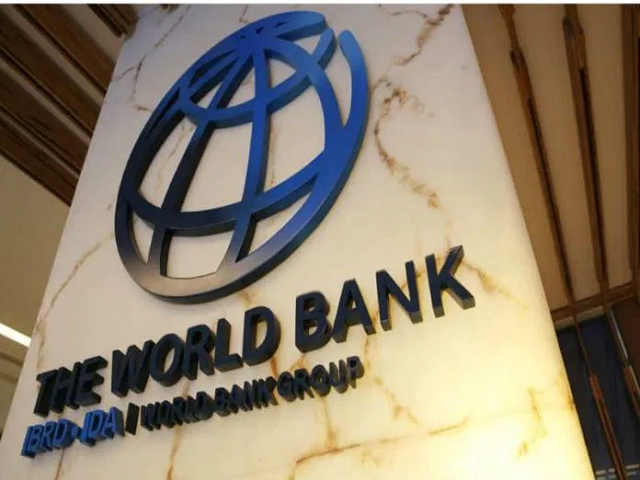Nigeria risks losing most of its wealth when its transitions to renewable due to its heavy reliance on fossil fuel, says the World Bank.
The bank said this on Wednesday in its Africa’s Pulse report said this is because the lower global demand for fossil fuels due to decarbonization will lower the international crude oil prices.
To address this, the bank said Nigeria and other oil-dependent countries should develop policies to foster asset
diversification by supporting the accumulation of human capital and renewable natural capital as well as reducing the infrastructure gap.
It said, “The shift away from oil, gas, and coal poses risk to the value of the wealth of countries that are already abundant in nonrenewable energy (for example, Nigeria and Angola), but also to countries with recent oil and gas discoveries (Mozambique, Kenya, and Senegal).
“The risk of stranded assets in these countries highlights the need to accelerate the reduction of their wealth exposure to carbon risk.
“Policies should be designed to foster asset diversification by supporting the accumulation of human capital and renewable natural capital and narrowing the infrastructure gap.
READ ALSO: Stock Exchange Extends Positive Run, As Investors Gain N33.32bn
“Prudent management of commodity revenues may help finance those investments.”
The bank noted that Nigeria has limited green product space and will need to develop novel strategies to build a green economy.
It said, “The transition to a green economy will imply changes in the existing product space of countries across the world.
“Recent research builds on the economic geography and economic complexity literature to develop novel measures of the capacity of countries to reinvent themselves toward the green economy.
“The analysis suggests that countries that are the farthest from a greener product space are those with a productive system that heavily relies on the extraction of fossil fuel resources (for example, Angola and Nigeria).
To grow a green economy, the World Bank suggested setting up a coherent fiscal framework that includes targeted fiscal incentives, reducing subsidies to fossil fuels, and some form of carbon pricing.













